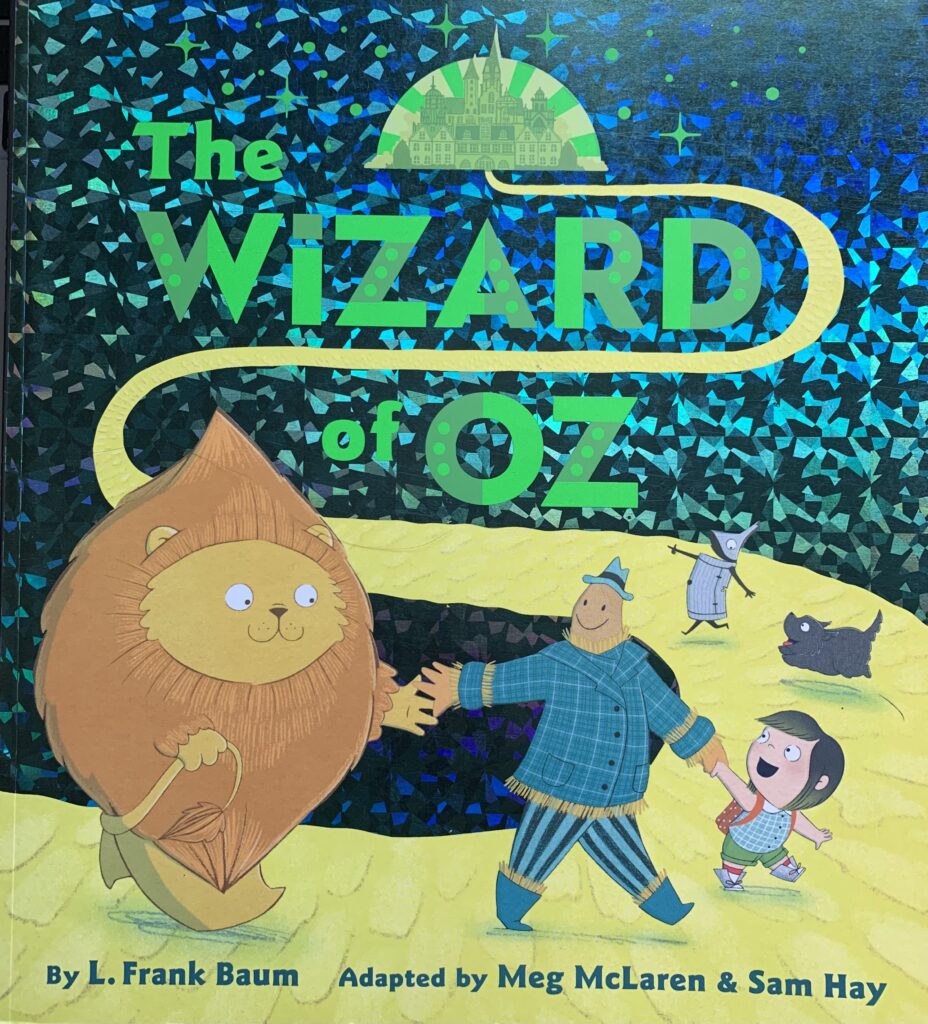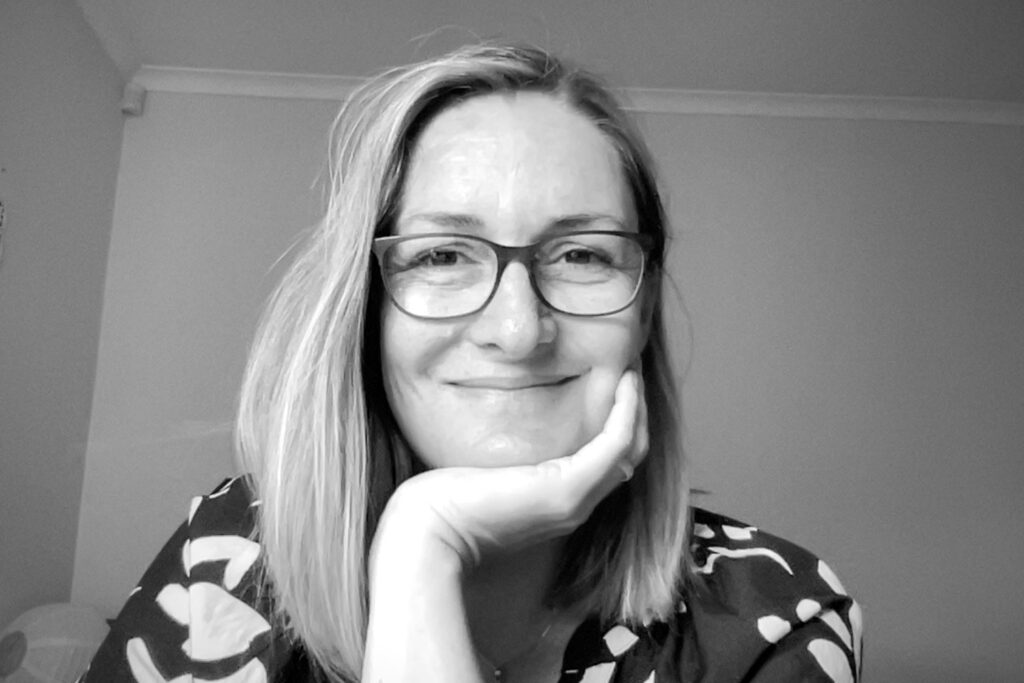Blog
Navigating OZ with a new map: be like Dorothy and see like the Wizard
- April 7, 2025
- Posted by: Jouré Rustemeyer
- Category: Neurodiversity

Looking for Oranges When You’ve Got Tangerines: A Neurodiversity Reflection Inspired by The Wizard of Oz

Last night, I read The Wizard of Oz to my daughter as a bedtime story. But this version had a quirky twist—Dorothy wins a battle involving yoghurt! (Yes, you read that right. You’ll have to get your hands on the book to truly appreciate that detail.)
Beyond the whimsy, something deeper struck me. In the story, each character believes they’re missing something essential. The Scarecrow longs for a brain, the Tin Man for a heart, and the Lion for courage. But as their journey unfolds, it becomes clear—they already possess exactly what they thought they lacked. Their intelligence, empathy, and bravery were always there. They just didn’t recognise them because those qualities didn’t show up in the way they expected.
And isn’t that the case in life, too?
Sometimes, we get stuck in a particular way of seeing things. We define qualities—like intelligence, emotional insight, or leadership—through a narrow lens. It’s like expecting all citrus fruits to be oranges and not realising the value of a whole basket of tangerines already sitting in front of us. If we’re looking only for what we expect, we may miss out on something even more valuable.
During Autism Awareness Month, this message feels especially important. So often, autistic individuals are misunderstood or overlooked. Not because they don’t have empathy, creativity, or insight—but because those traits might show up differently. If we aren’t paying close attention—or if we’re measuring everyone against the same standard—we’ll never see the full picture.
Thankfully, this is beginning to change. But there’s still a long way to go.
Seeing the Strengths—Not Just the Struggles
For too long, the dominant conversation around neurodivergence—especially autism, ADHD, and dyslexia—has focused on challenges. On what’s “missing” or “wrong.” But neurodivergent individuals often bring incredible strengths: laser-sharp focus, deep empathy, exceptional memory, analytical thinking, creativity, resilience, and unwavering honesty.
Take ADHD, for instance. People with ADHD often think in expansive, non-linear ways. They’re imaginative, quick problem-solvers, and full of ideas. In environments that value innovation and adaptability, they thrive. When employers understand and support their unique thinking styles, everyone benefits—from team dynamics to the bottom line.
Or consider dyslexia. A major study by EY and Made By Dyslexia found that people with dyslexia tend to excel in areas like strategic thinking, leadership, creativity, and empathy. These aren’t just coping mechanisms—they are genuine cognitive strengths. Yet many dyslexic individuals go unrecognised or unsupported, simply because their brilliance doesn’t fit the conventional academic mould.
Autistic individuals, too, are often rich in insight, fairness, honesty, and originality. But because we expect empathy to look a certain way—or communication to follow a specific pattern—we sometimes miss the deeper gifts they bring to our communities and workplaces.
A Lesson in Advocacy from Dorothy
There’s another part of The Wizard of Oz that stayed with me. When Dorothy and her friends finally reach the Wizard, her companions are too shy to speak. Despite everything they’ve achieved, they still doubt themselves. So Dorothy speaks up. She tells the Wizard of their bravery, their kindness, and their wisdom. She advocates for her friends when they can’t find their own voices.
What a powerful model.
What if we were all a bit more like Dorothy?
What if we used our voices to champion those who don’t always fit the mould, or whose gifts don’t speak loudly?
What if we challenged ourselves—and others—to rethink what ability, intelligence, and value really look like?
That’s how change happens.
That’s how we create inclusive communities, classrooms, and workplaces—where everyone, regardless of how they communicate or learn, is seen, supported, and celebrated.
Why I Do This Work
Hello, I’m Jouré. For over 20 years, I’ve worked to reframe the negative bias that so often surrounds neurodivergence. My mission is to shine a light on strengths, to change how we view difference, and to help people recognise the value in what may not always be obvious at first glance.
Through my internationally accredited online courses, I share practical strategies and insights for building neuroinclusive environments. Whether you’re a therapist, educator, parent, HR professional, or business leader, these courses will help you identify and challenge your own limiting beliefs—so you can create real, lasting change.
Because when we start to see tangerines for what they are—bright, vibrant, valuable—we stop chasing oranges we don’t need. And we start building spaces where everyone’s strengths are recognised, supported, and allowed to flourish.
Let’s be like Dorothy. Let’s use our voices to uplift others, especially when they can’t find theirs. And let’s create a world where nobody feels like they have to fit in just to belong.

Want to learn more about how to build inclusive environments that support neurodivergent individuals? Explore my accredited online courses here.

Such an informative and well-written article!
I appreciate how this site shares such helpful
insights.
Awesome
I like what you guys are up too. Such smart work and reporting! Carry on the superb works guys I have incorporated you guys to my blogroll. I think it’ll improve the value of my site 🙂